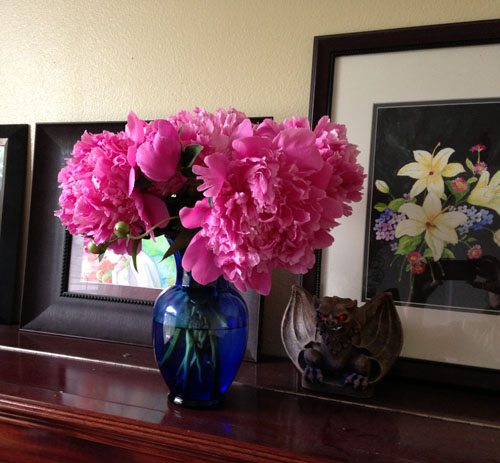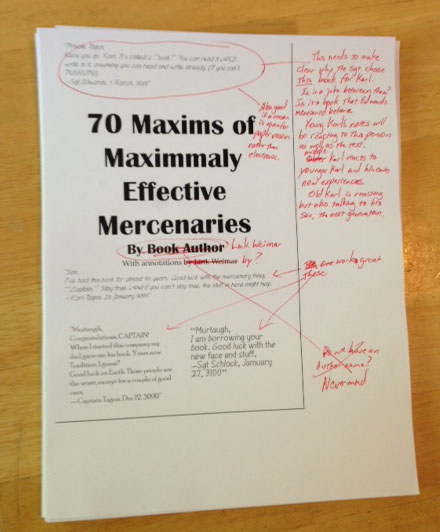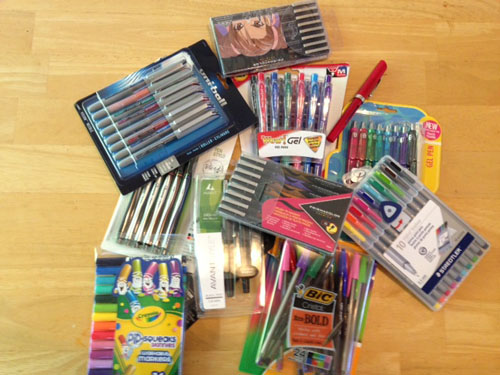I spent the day with an artist friend. She has mentored Kiki many times over the years and this trip she gave Kiki some advice which may put a significant dent in Kiki’s upcoming college tuition bill. She also added both Kiki and me to a Facebook group full of illustrators and graphic designers.
Recently I finished reading a book and, as is usual when I don’t quite want a book to end, I scanned my way through the acknowledgements. I was surprised to realize that I recognized almost half of the names in there. Many of them were people I’ve met in person. Which I guess shouldn’t have surprised me since I’ve spent time with the author on multiple occasions.
On Twitter I watch the conversations of other people. They laugh and share photos. Sometimes in the photos I see two or three friends standing together and smiling, but the thing is that I know them from very different areas of my life and I had no idea that they even knew each other.
This evening I finished reading Big Magic by Elizabeth Gilbert and (again) read the acknowledgements. They were full of people whom I have not met in person (Nor have I met Ms. Gilbert) but I was surprised at how many of the names I recognized as writers whose works have had critical acclaim.
In my high school and college Humanities classes I learned that renaissance painters communicated with each other. Impressionist painters gathered together both to paint and to hang in galleries. C.S. Lewis and J.R.R. Tolkien were friends.
There is this myth that creation is solitary, the lonely artist or the reclusive writer. Perhaps there are some people who create that way, but it is not what I see. I see tightly woven communities of mutual support. The communities may be somewhat detached from each other, a literary network is different than a genre fiction network, but within a network the connections weave tightly. Everyone who creates needs someone who will listen when the creation is going badly. They also need someone who will rejoice when things go well. They need someone who knocks them out of their comfort zone and helps them think new thoughts.
I remember a time when I did not yet have a creative network. In 2007 I attended a concert and had the first inkling of creative community. Now I have hundreds of connections. I spent a long time feeling outside and on the edges. I took a long time to learn how to grow an introduction into a professional contact and sometimes into a friendship. Back in 2007 Howard and I had barely begun attending conventions, social media was just beginning to alter the online landscape. I was soon to learn that the best connections I could possibly make weren’t with the established creators I could see in the distant center of the creative community. My best connections were made with the people next to me on the edges. Thread by thread I extended my network until I was not on the edge anymore.
I know creators whose networks of support are entirely online. I know others who connect in person because they avoid the internet. There are so many ways to support others and to gain support. This is how creators survive and succeed.


